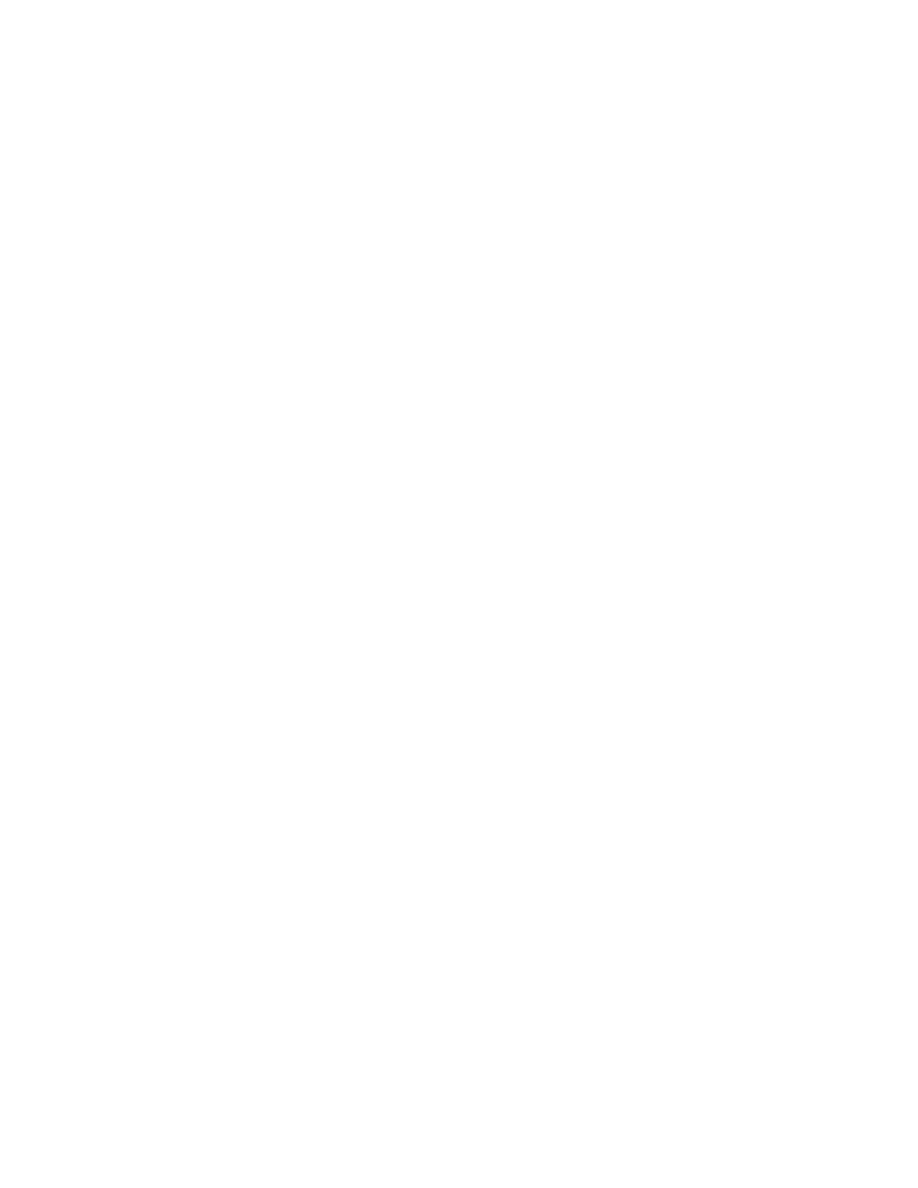
864
14 CFR Ch. I (1–1–14 Edition)
§ 33.72
there must be means to indicate con-
tamination before it reaches the capac-
ity established in accordance with
paragraph (b)(3) of this section.
(5) Any filter bypass must be de-
signed and constructed so that the re-
lease of collected contaminants is
minimized by appropriate location of
the bypass to ensure that the collected
contaminants are not in the bypass
flow path.
(6) Each strainer or filter required by
this paragraph that has no bypass, ex-
cept the strainer or filter at an oil
tank outlet or for a scavenge pump,
must have provisions for connection
with a warning means to warn the pilot
of the occurance of contamination of
the screen before it reaches the capac-
ity established in accordance with
paragraph (b)(3) of this section.
(7) Each strainer or filter required by
this paragraph must be accessible for
draining and cleaning.
(c)
Oil tanks. (1) Each oil tank must
have an expansion space of not less
than 10 percent of the tank capacity.
(2) It must be impossible to inadvert-
ently fill the oil tank expansion space.
(3) Each recessed oil tank filler con-
nection that can retain any appreciable
quantity of oil must have provision for
fitting a drain.
(4) Each oil tank cap must provide an
oil-tight seal. For an applicant seeking
eligibility for an engine to be installed
on an airplane approved for ETOPS,
the oil tank must be designed to pre-
vent a hazardous loss of oil due to an
incorrectly installed oil tank cap.
(5) Each oil tank filler must be
marked with the word ‘‘oil.’’
(6) Each oil tank must be vented
from the top part of the expansion
space, with the vent so arranged that
condensed water vapor that might
freeze and obstruct the line cannot ac-
cumulate at any point.
(7) There must be means to prevent
entrance into the oil tank or into any
oil tank outlet, of any object that
might obstruct the flow of oil through
the system.
(8) There must be a shutoff valve at
the outlet of each oil tank, unless the
external portion of the oil system (in-
cluding oil tank supports) is fireproof.
(9) Each unpressurized oil tank may
not leak when subjected to a maximum
operating temperature and an internal
pressure of 5 p.s.i., and each pressurized
oil tank must meet the requirements of
§ 33.64.
(10) Leaked or spilled oil may not ac-
cumulate between the tank and the re-
mainder of the engine.
(11) Each oil tank must have an oil
quantity indicator or provisions for
one.
(12) If the propeller feathering system
depends on engine oil—
(i) There must be means to trap an
amount of oil in the tank if the supply
becomes depleted due to failure of any
part of the lubricating system other
than the tank itself;
(ii) The amount of trapped oil must
be enough to accomplish the feathering
opeation and must be available only to
the feathering pump; and
(iii) Provision must be made to pre-
vent sludge or other foreign matter
from affecting the safe operation of the
propeller feathering system.
(d)
Oil drains. A drain (or drains)
must be provided to allow safe drainage
of the oil system. Each drain must—
(1) Be accessible; and
(2) Have manual or automatic means
for positive locking in the closed posi-
tion.
(e)
Oil radiators. Each oil radiator
must withstand, without failure, any
vibration, inertia, and oil pressure load
to which it is subjected during the
block tests.
[Amdt. 33–6, 39 FR 35466, Oct. 1, 1974, as
amended by Amdt. 33–10, 49 FR 6852, Feb. 23,
1984; Amdt. 33–21, 72 FR 1877, Jan. 16, 2007;
Amdt. 33–27, 73 FR 55437, Sept. 25, 2008; Amdt.
33–27, 73 FR 57235, Oct. 2, 2008]
§ 33.72
Hydraulic actuating systems.
Each hydraulic actuating system
must function properly under all condi-
tions in which the engine is expected to
operate. Each filter or screen must be
accessible for servicing and each tank
must meet the design criteria of § 33.71.
[Amdt. 33–6, 39 FR 35467, Oct. 1, 1974]
§ 33.73
Power or thrust response.
The design and construction of the
engine must enable an increase—
(a) From minimum to rated takeoff
power or thrust with the maximum
bleed air and power extraction to be
VerDate Mar<15>2010
10:12 Mar 18, 2014
Jkt 232046
PO 00000
Frm 00874
Fmt 8010
Sfmt 8010
Y:\SGML\232046.XXX
232046
pmangrum on DSK3VPTVN1PROD with CFR